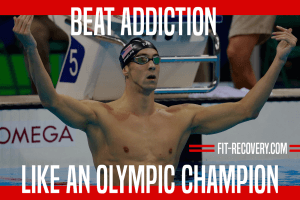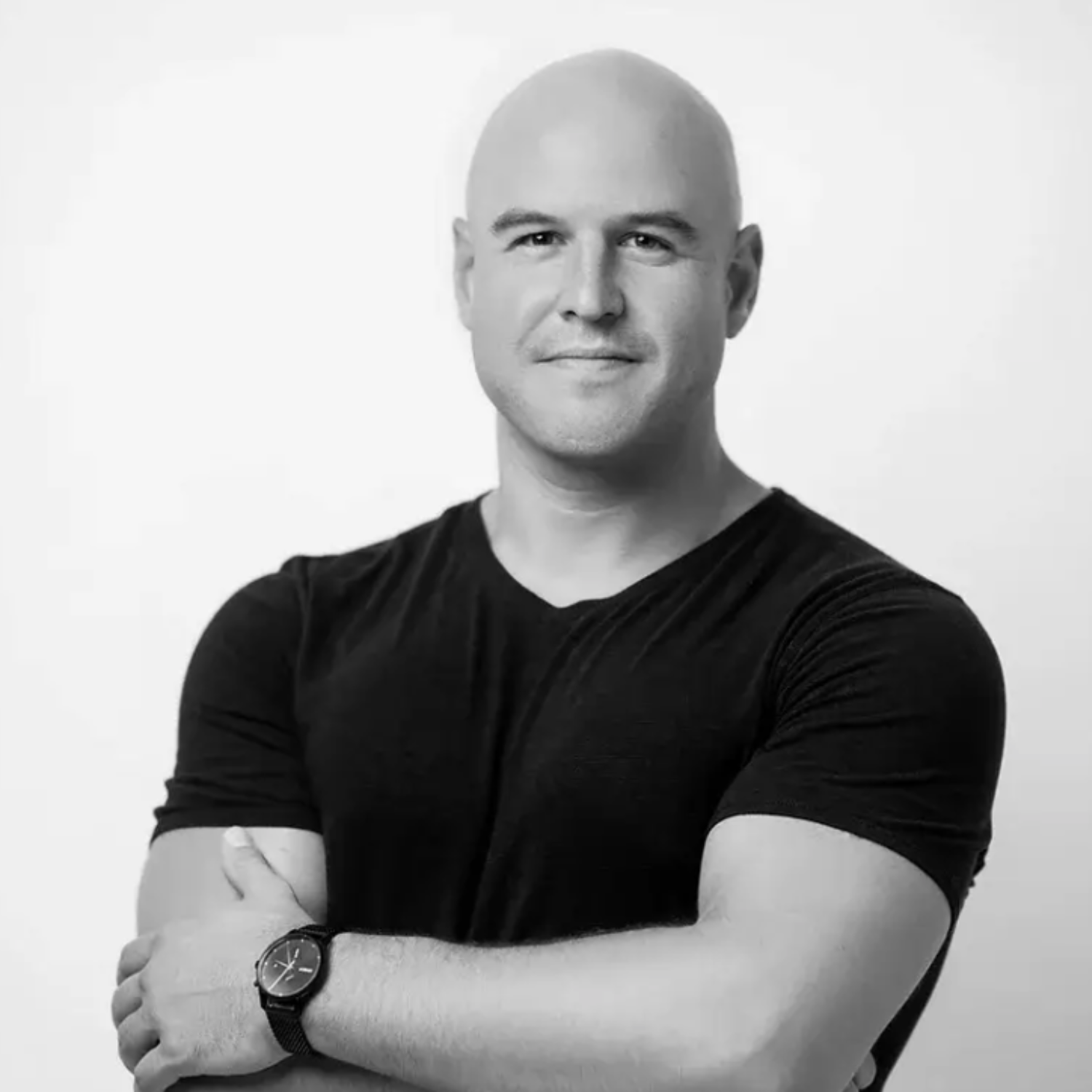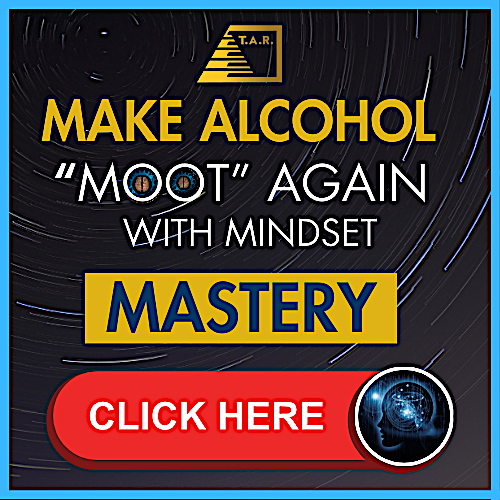
Michael Phelps could have taken his downward spiral to death’s door. He could have easily become another poster child for extraordinary talent ruined by substance abuse.
Instead he tackled his demons head-on, enlisted himself in rehab and jumped back into training. He’s now won more Olympic gold medals than anyone in history.
“I want to retire how I want to retire.”
– Michael Phelps to Matt Lauer before the Rio Olympics
Here are 10 takeaways from Phelps’ leap back onto the podium from the ledge.
1. It’s not about what you do, but who you are.
The old Phelps did not seem to know who he was. Even in 2008, he seemed uncomfortable and avoidant in interviews. The new Phelps clearly has a sense of mission that transcends the Rio Olympics – and he talks confidently, like he doesn’t give a damn about your opinion of his personality.
On both counts, I say good for him.
The new Phelps is self-enlightened. He’s no longer lost and reckless and he’s grateful to be alive. He wins in the pool because he clearly believes that victory is in his nature. But we also sense that when he leaves Rio and retires from swimming, he will find a way to share his energy with the world even when his medal count is finished.
2. Treat your body like a high performance machine.
I swam in high school and college – 6 days per week, sometimes 4 hours per day – and I know what it’s like to transfer that same intensity into drinking alcohol.
I also know what it’s like to beat addiction by making exercise a daily habit again. Transforming your fitness is an enormous daily endorphin boost. It will make recovery more fun and rewarding than drinking ever was.
Unlike Phelps, I had a very severe physical dependence on alcohol. Still, I would guess that his training played a large role in keeping him away from the bottle. A strong body keeps the mind clear and daily workouts keep your pleasure receptors stimulated.
3. If you’ve lost your inner fire, make it your mission to reclaim it.
Take a look at Phelps’ face in that picture. He looks triumphant yet stoic. Like an ancient Greek statue, he looks like a detached symbol of victory, completely enveloped in his own inner fire.
Don’t waste your time comparing yourself to others on a daily basis. Choose your battles in life, put in the time and effort, and know yourself well enough to win them.
When I spent time in rehab, I saw lots of people going through the motions – but they completely lacked the inner fire they needed to beat addiction for good. Without a sense of competition with yourself, a burning desire to be the best person you can possibly be, life will always be a bland and boring project.
Approach recovery like a competitive athlete and have fun while doing it.
4. Past addiction isn’t an indicator of future weakness.
Some of the greatest men, and many of the greatest minds, in human history have struggled with substance abuse and chemical addictions.
If you’ve given up on your potential because of addiction, consider that Phelps “didn’t want to see another day” (his own words) before he entered rehab not too long ago.
Addiction is a series of neurological mis-wirings, caused by varying degrees of nature and nurture, brain chemistry and trauma. You don’t have to get to the bottom of “what happened” to know that YOU HAVE THE CHOICE to recover and become greater than you ever were before.
5. Recovery is an opportunity to re-channel your energy.
Destructive insanity and towering achievement are flip sides of the same coin. You get to choose which side prevails.
Addiction occurs most often to people who are both uncommonly sensitive and uncommonly intense. These traits combine to give you insight that others lack. Recovery is an opportunity because you can absolutely transfer that dark, demonic energy into boundless positivity and creative genius.
In the case of Phelps, I mentioned above that he seems self-enlightened. This is an achievement that rivals all of his gold medals combined.
6. Actions speak louder than words.
The guy who taunted Phelps before his prelims race looks like a moron now.
Don’t try to impress people with what you say you’re going to do. In modern society, with our 24/7 flurry of social media trends and fads, we often feel like we’ve accomplished something when all we’ve done is show off in front of a large group of people.
You want to impress the naysayers who think you’ll always be a drunk or a junkie? Give 100% to your fitness and your life purpose for a year. You’ll forget about both them and your addiction. By the time they see you, they won’t even recognize you, and you won’t care to explain it to them.
7. Surrender your ego but not your pride.
Surrender the superficial, other-pleasing, other-supplicating parts of your ego. But never, EVER let go of your pride – which is your ability to enjoy the consequences of your will.
Phelps stopped letting the perceptions of others affect his ego (he has a quirky personality). He did not stop taking pride in his swimming abilities.
You refuse to approach an attractive girl because you fear for your ego. You’re good at what you do because you take pride in your work.
See the difference?
8. Read old books and always expand your mind.
He began reading books, sometimes aloud in group sessions, and it has become a habit. One day, he casually mentioned to Bowman that he was reading “Man’s Search for Meaning,” by Viktor E. Frankl, a Holocaust survivor who became a psychiatrist. Bowman was shocked. He said he had seen Phelps read only magazines. As the trials drew near, Phelps ordered “The Power of Your Subconscious Mind,” by Joseph Murphy, and “The Purpose Driven Life,” by Rick Warren.
The above is taken from a NYT article from several months ago.
Reading is for the mind what training is for the body. Beating addiction requires physical health but also enlightenment gained from books.
9. Victory is fleeting, but a victorious sense of life is not.
The word “victory” is often applied to brief periods of time in which we’ve beaten others or removed an obstacle in our path. But it is more than that. Victory is a state of mind, a sense of life.
What do you feel when you give your all and achieve incrementally, over time? Gratitude.
There can be no gratitude without struggle, provided that you win that struggle in the first place. A victorious sense of life trains your mind to see future struggles as opportunities.
10. Your mission in life will evolve over time.
I often recommend a book called Way of the Superior Man by David Deida. In it, Deida explains that the superior man exists to share his “boundless love” with the universe. Thinking this was trite and new-agey, I laughed the first time I read it.
What Deida meant, though, is profound: The superior man does not live for a set goal. If he did, then he would run into the same conundrum as Phelps in 2008: What am I supposed to do now?
The superior man consists of matter but what he gives to the world is energy. He utilizes his will to give himself fully to the world until the day he dies. The objects of his will change with time, but the inner fire that drives him to leave his mark on the world never dies out.
It’s up to Phelps to recalibrate his mission in life after the Rio Olympics are over.
And it’s up to you to beat your addiction and achieve greatness on your own terms.
Author
-
A decade+ addiction-free, Chris Scott, the visionary founder of Fit Recovery, passionately guides Fit Recovery 2.0 Members toward a vibrant, healthier lifestyle. Through the integration of groundbreaking nutritional strategies, transformative reframing techniques, neurolinguistic programming, and dynamic pro-recovery habit systems, he inspires individuals to boldly take charge of their lives and break free from alcohol. Chris is celebrated as a Professional Member of the Alliance For Addiction Solutions. Moreover, he is the proud author of the bestselling book "Drinking Sucks!" which stands as a vital beacon of hope for those yearning to quit drinking. Additionally, he created the celebrated online program Fit Recovery 2.0, designed to provide unwavering support for individuals embarking on their recovery journey.
View all posts Fit Recovery Founder & Director










Outstanding article.
Thanks Mark!